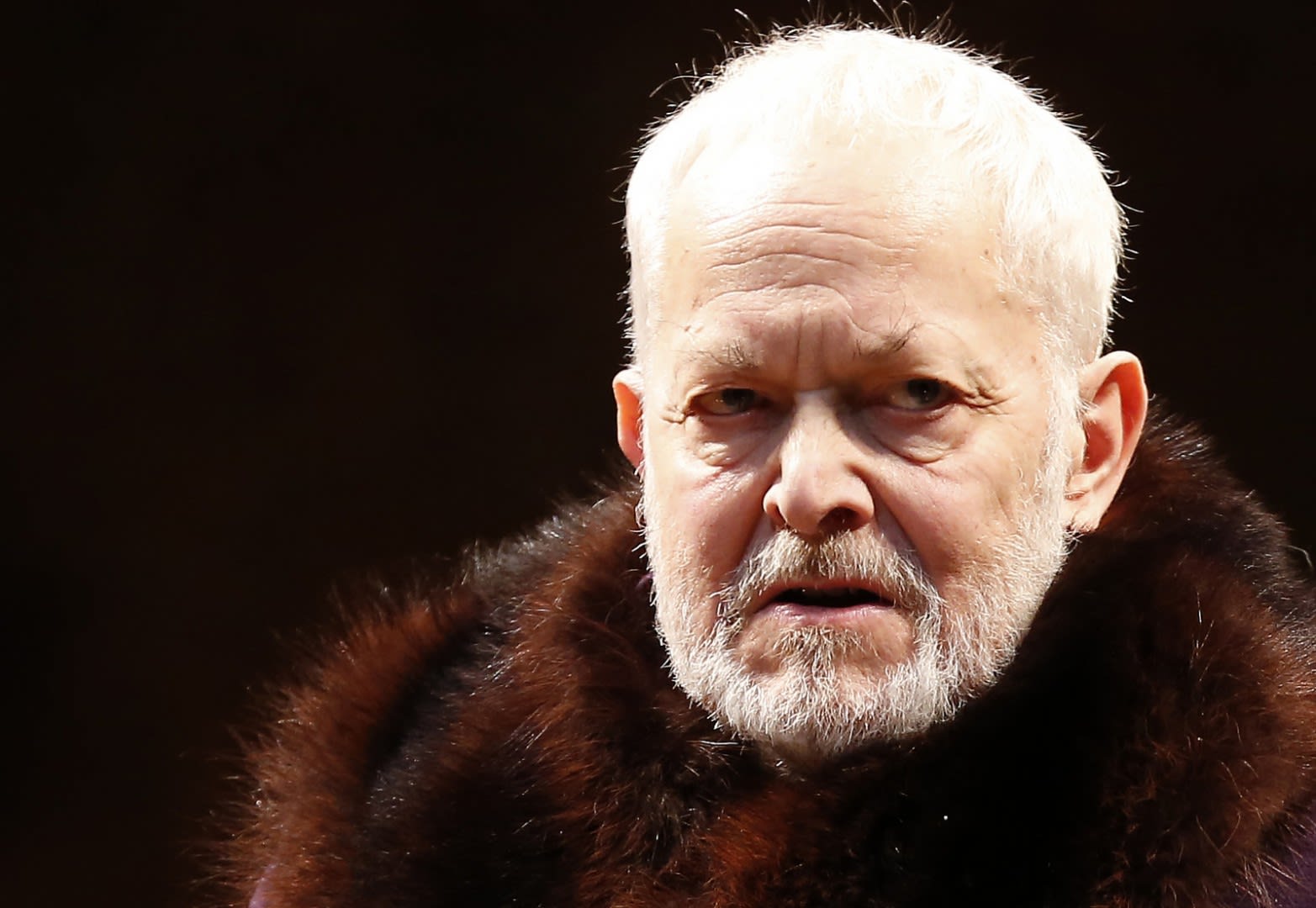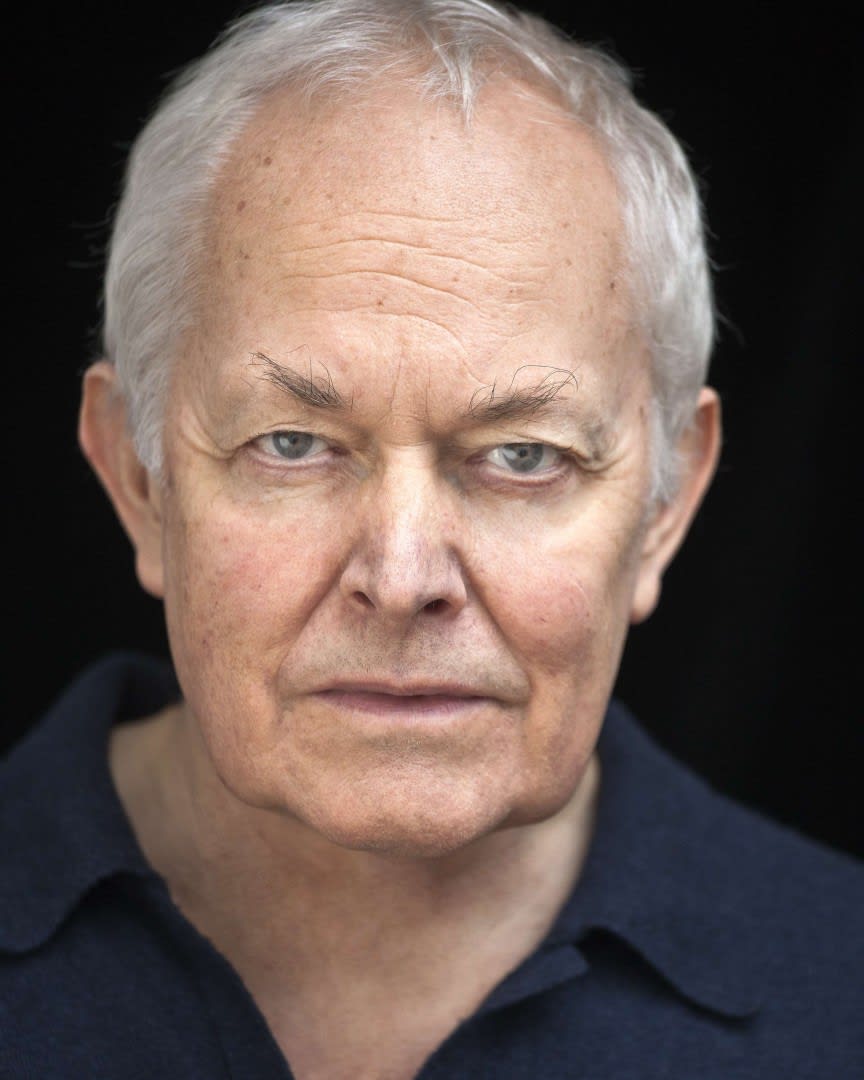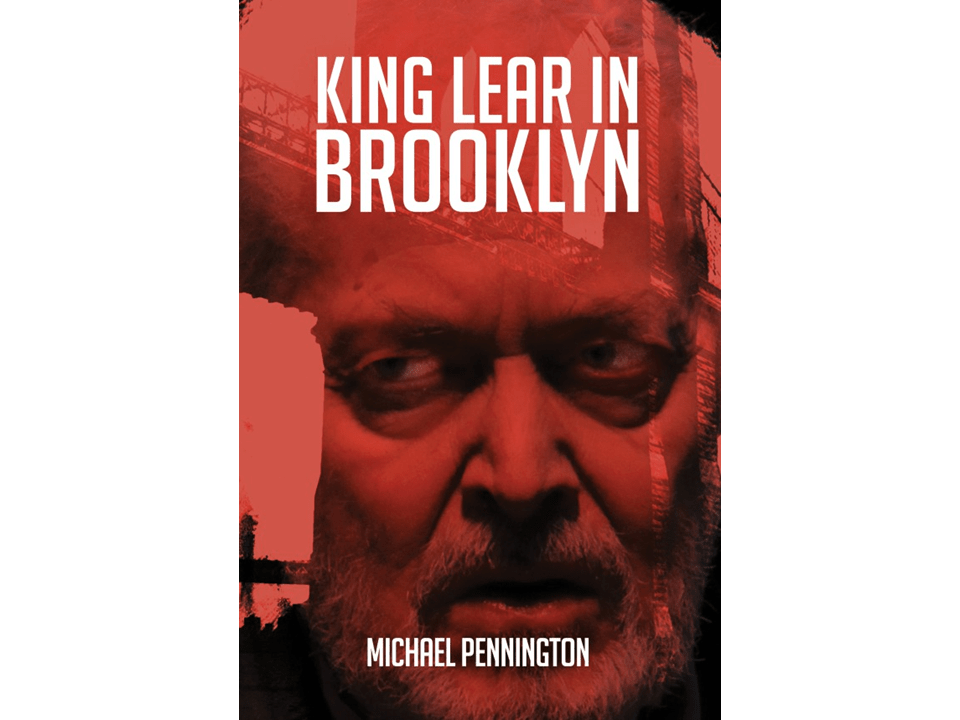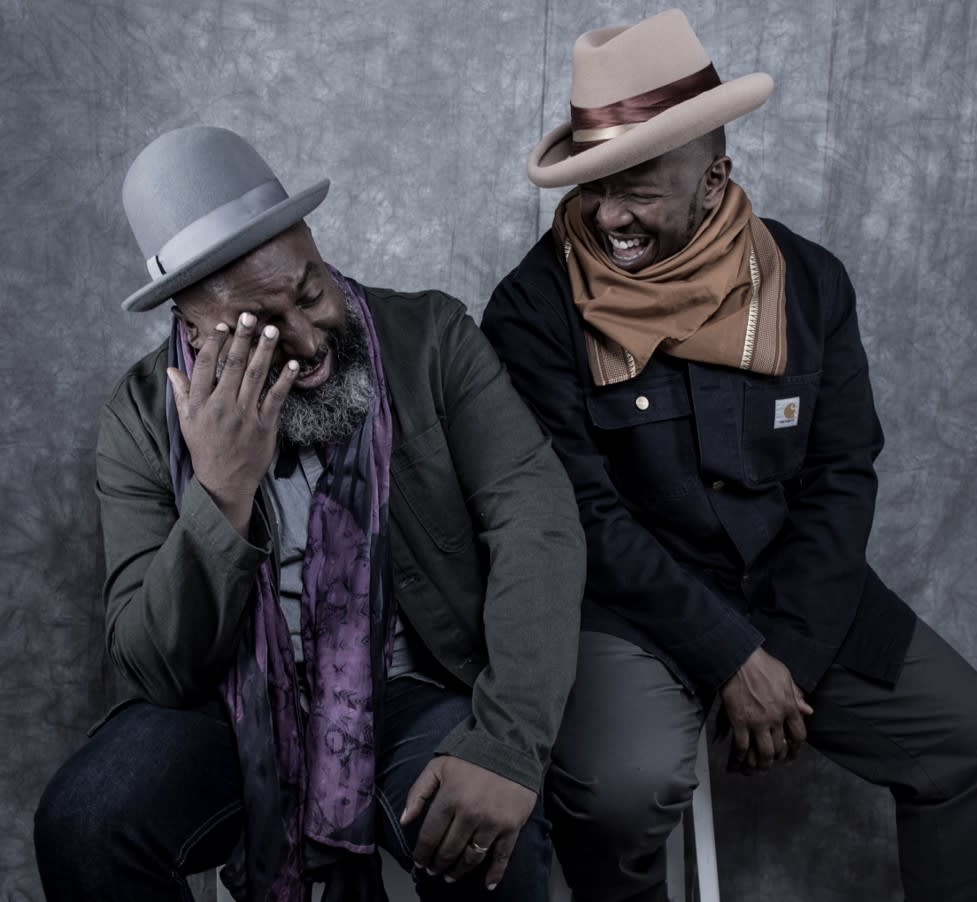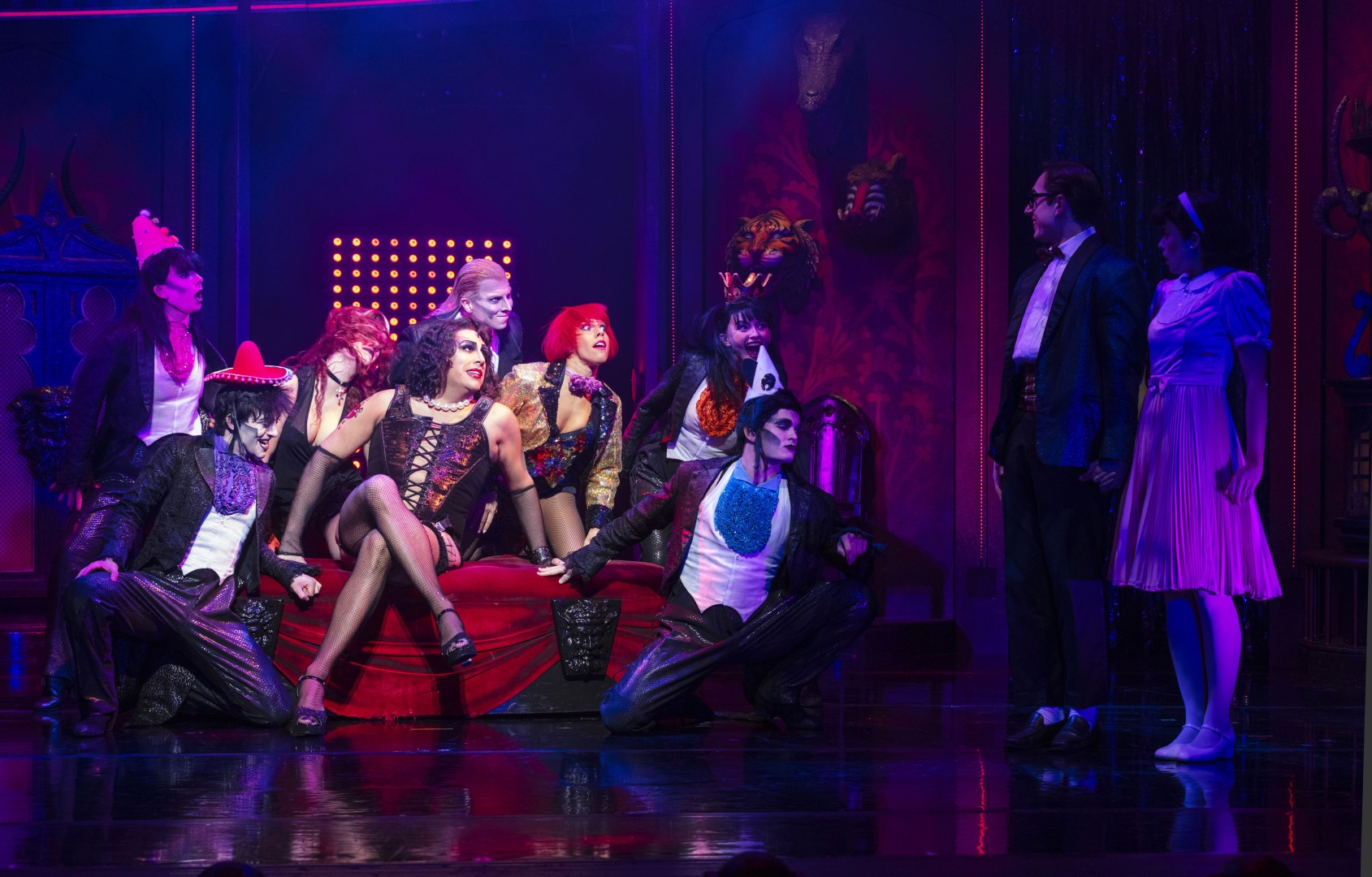Michael Pennington first met Peter Brook in the seventies. He was in Euripides’s Hippolytus, an RSC production, alongside Brook’s late wife Natasha Parry.
Brook would often journey to Stratford, from Paris where he was based, to watch rehearsals and spend time with his spouse. A friendship developed between him and Pennington. “We liked each other very much,” the latter tells me, “we became friends long before we ever worked together.” That time came in 2010 when Brook asked him to act in Love Is My Sin – a two-handed show (in which Parry also starred) which the practitioner devised using 31 of Shakespeare’s sonnets. “He's an absolutely brilliant director,” states Pennington, “and whilst as a younger man he had a reputation for being quite ferocious, and even somewhat tyrannical, I didn't find him so – not at that stage in his life at any rate.” He thanks goodness for that job – with Brook now 93, he doesn’t reckon he’ll get another chance to work with him. “He's a genius. It'll be a sad day when he goes.”
Love Is My Sin enjoyed a run at The Duke on 42nd Street in New York, at the invite of Theater for a New Audience. In a conversation with Jeffrey Horowitz (TFANA artistic director), Brook said it was time Pennington tried his hand at the title role in King Lear – “a part that classical actors my age are supposed to want to do very much, and in fact I did want to do it”. Horowitz took note, and 2014 saw Pennington play the king on the Polonsky Shakespeare Center stage in Brooklyn. Out of this came his 11th book, King Lear in Brooklyn, the focus of his appearance at this year’s Thame Arts and Literature Festival. “It’s partly rehearsal diary, partly an impression of what it was like to work in a different culture (though not a very different culture) on a Shakespeare play I knew very well – it's also a reflection on a play that interests a lot of people.
“Shakespeare tragedy is very healthy,” he opines, “and there's enough in Lear that gives you some hope for the future of mankind – though not very much. Shakespeare dug deep, he saw us at our absolute worst – look at the way that family behaves in Lear.” The king’s conduct is monstrous, he says, as is that of his daughters Goneril and Regan. “Even Cordelia [Lear’s youngest] is not all that gorgeous a character – she's incredibly stubborn, a chip off the old block.” Then there’s the villain Edmund, and Cornwall who plucks out Gloucester’s eyes. “It does scrape the barrel in terms of human behaviour but there is hope in it because by articulating those things you begin to come to terms with them.” He compares a Shakespearean tragedy to the blues: “You play them out and then everyone feels better.”
When I interviewed Antony Sher earlier this year, he said that as he’d played the three great parts Shakespeare wrote for older actors – The Tempest’s Prospero, Henry IV Parts I & II’s Falstaff, and Lear – he didn’t really know what was left for him as a classical actor. “He won't hang up his dancing shoes,” Pennington says. “Shakespeare keeps pulling you back; he will find something he hasn't done and do it at Stratford.” Having performed most of Shakespeare’s plays in his 55-year career, though, he understands where Sher is coming from. He’s at a stage where people ask him what he wants to do next, and for him “it’s not a Shakespeare. There are an awful lot of other plays to do, an awful lot of other authors.” He is yet to play Prospero, he points out – “I suppose I would quite like to do that, but it's not a hunger exactly.”
Perhaps his next venture could be a film? Something he hasn’t done as much of as he would have liked. He did take on the role of Michael Foot in The Iron Lady starring Meryl Streep (“a very nice experience”) and in 1983 he had “a little part” in Return of the Jedi. “It’s not very important in my life, I must admit,” he remarks of the Star Wars stint, “though people get quite excited about it – I was only on it for three days and made no money to speak of at all.” His work and ambitions on the stage have led to his being regarded principally as a theatre actor, he says, and not allowed much time for movies. He got near to some decent film roles when he was younger, “but Jeremy Irons tended to get them instead. I got on with my work in the theatre and now I've probably left it a bit late. However, there still is a market for films with very old gentlemen, so maybe I've got something ahead of me.”
Michael Pennington appears at Thame Arts and Literature Festival 20 October 6:30pm, The Players Theatre
King Lear in Brooklyn is published by Oberon

